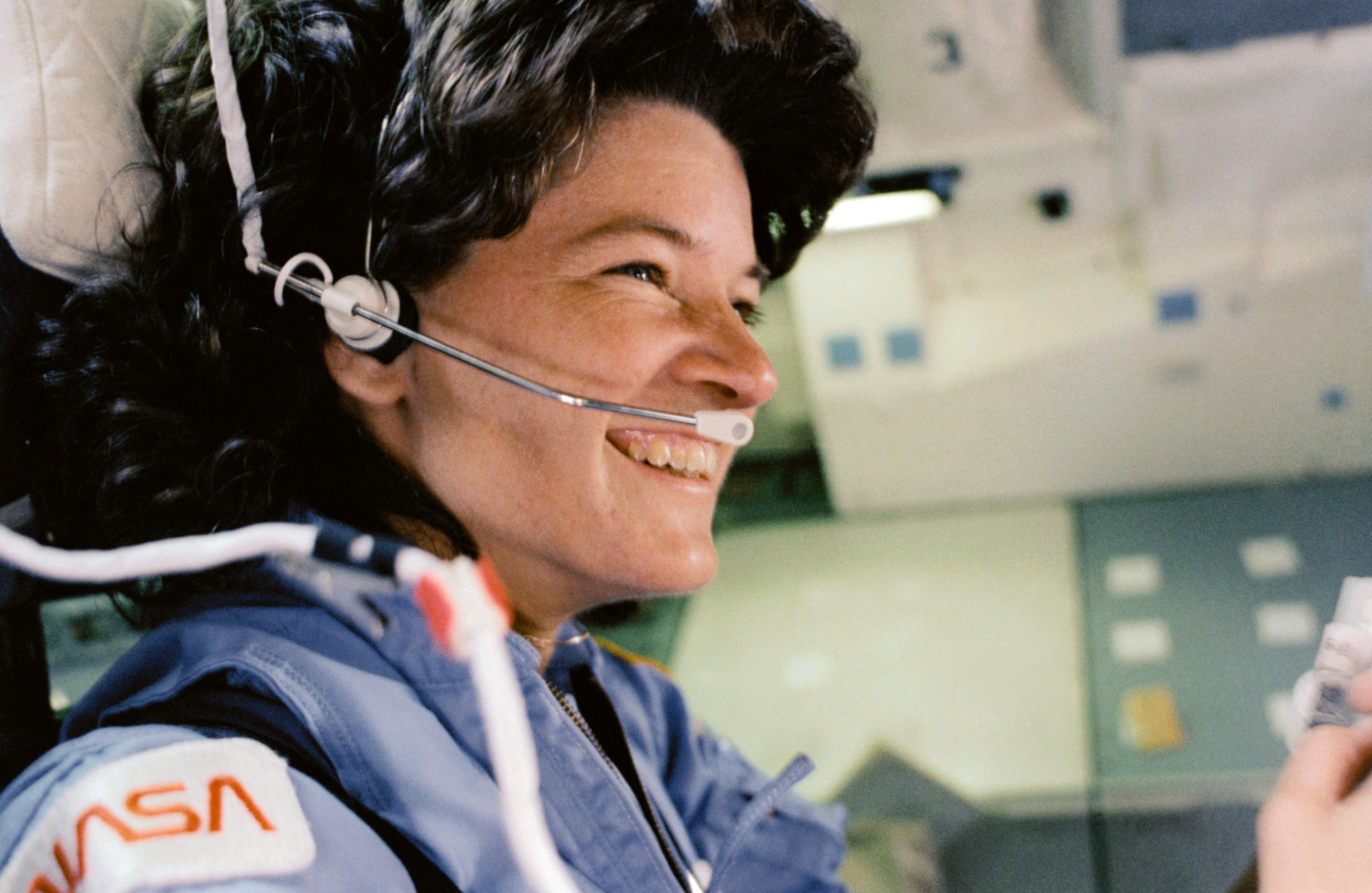Issue of May 31, 2024
eds: Jeremy Bailin, Nicolle Zellner, Sethanne Howard, and Hannah Jang-Condell
[We hope you all are taking care of yourselves and each other. --eds.]
This week's issues:
1. DEIA and Education Activities at the Summer 244th AAS Meeting
2. Sally Ride: A timeless inspiration for women in science
3. Overcoming Stereotypes: Women in STEM
4. 'Lean in' messages can lower women's motivation to protest gender inequality
5. How to Submit to the AASWOMEN newsletter
6. How to Subscribe or Unsubscribe to the AASWOMEN newsletter
7. Access to Past Issues
An online version of this newsletter will be available at http://womeninastronomy.blogspot.com/ at 3:00 PM ET every Friday.






